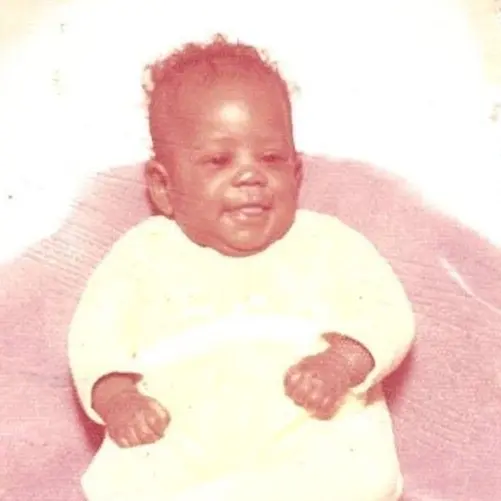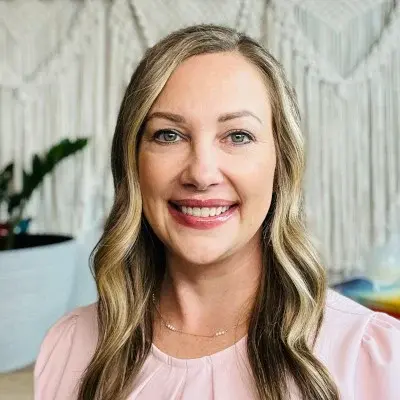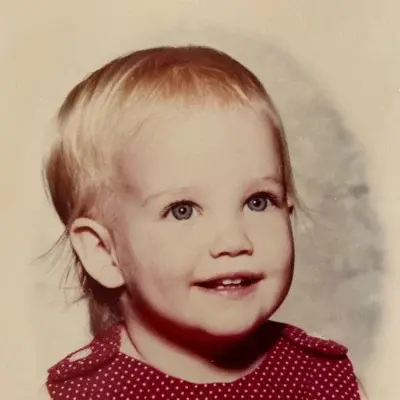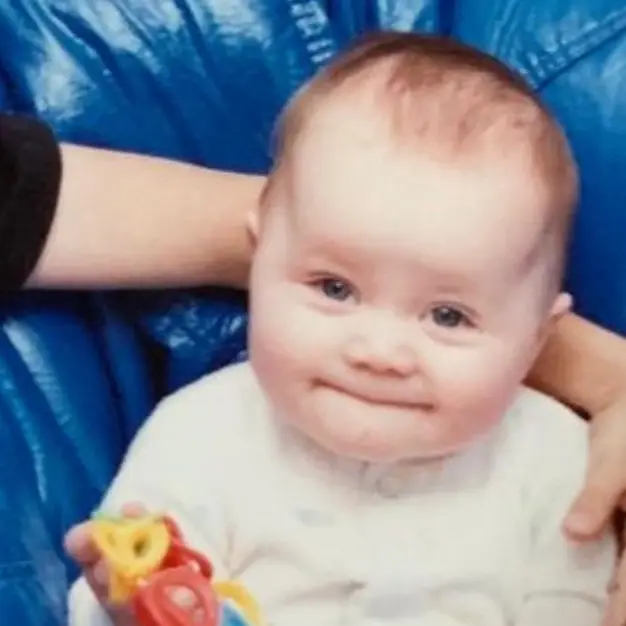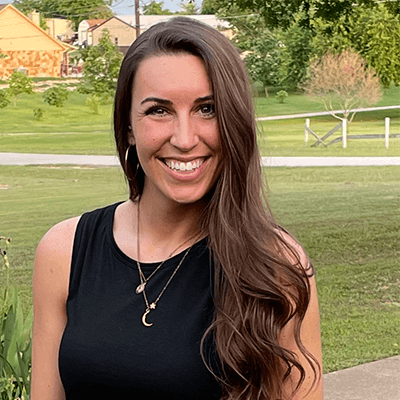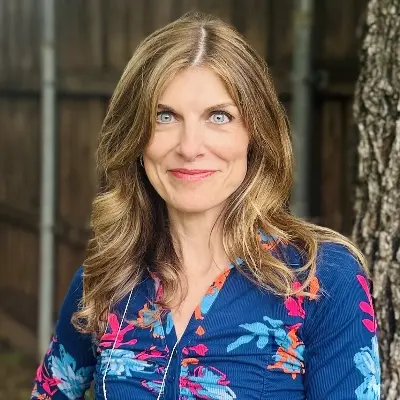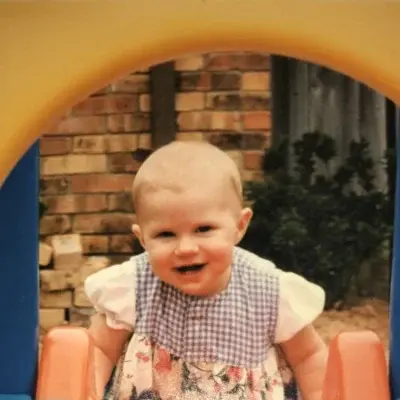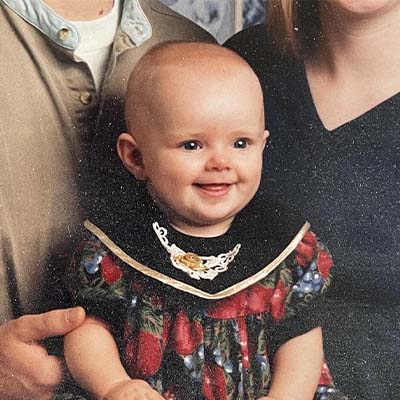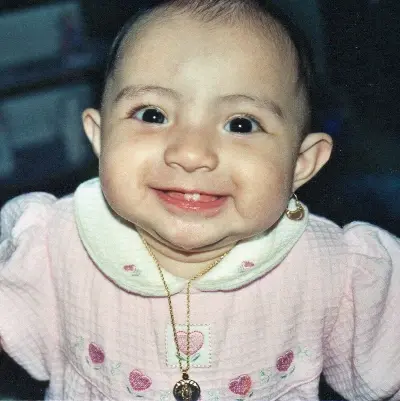Eating Disorders
Find Your CounselorAbout
Eating disorders are part of a category of psychological conditions that involve an intense preoccupation with food and body image. It’s often said that an eating disorder is like a bad boyfriend: relentlessly critical and demanding. Eating disorder counseling can help you break up with “ED” – it’s difficult but ultimately liberating!
Body dissatisfaction, low self-esteem, an obsession with physical perfection, and a need to exert control over chaotic situations can compel an individual to develop abnormal eating habits. However, so can a complex range of other factors: high levels of cortisol and serotonin can keep the brain buzzing with stress, which can promote the development of an eating disorder; a family history of eating disorders enhances your likelihood of acquiring an eating disorder of your own—as does environmental exposure to childhood trauma (e.g. sexual abuse).
Whether your abnormal eating habits include self-starvation or eating past the point of sickness, eating disorders wreak severe emotional and physical damage upon our bodies. Counseling can help you identify the root causes of your eating disorder and partner with you to develop coping skills to become a healthier, more resilient version of yourself.
Signs and Symptoms
- dramatic weight loss/gain
- wearing bulky clothing to hide weight loss
- avoids eating in social situations
- self-degrading comments about one's body
- menstrual cycle cessation (for women)
- preoccupation with food/counting calories
How does Lifeologie help?
Discuss your concerns with our client care team.
When you reach out to Lifeologie, you’ll be connected with one of our intake specialists. In a “call center?” No way. Our specialists are based in our local Lifeologie offices and know the counselors well. Their entire job is to learn about you and what you’re looking for and to match you with the counselor who will be the very best fit for your needs and preferences.
Find a counselor who is passionate about helping you reach your mental health goals.
Lifeologists are counselors, life coaches and overall wellness advocates who are experts and specialists in their craft. From EMDR to nutrition coaching, brain spotting to play therapy, we have you covered. Even our offices are carefully curated to feel modern, comfortable and inviting. Counseling at Lifeologie is not your typical counseling experience – in any way.
Receive continuous support and guidance as you go on your mental health journey.
Your counselor at Lifeologie will meet you wherever you are, whether you’re just starting in counseling for the first time ever… or returning to a life-long counseling journey after a break. Your Lifeologist will partner with you to meet your goals. Wherever you are, we come alongside and help you move forward!

